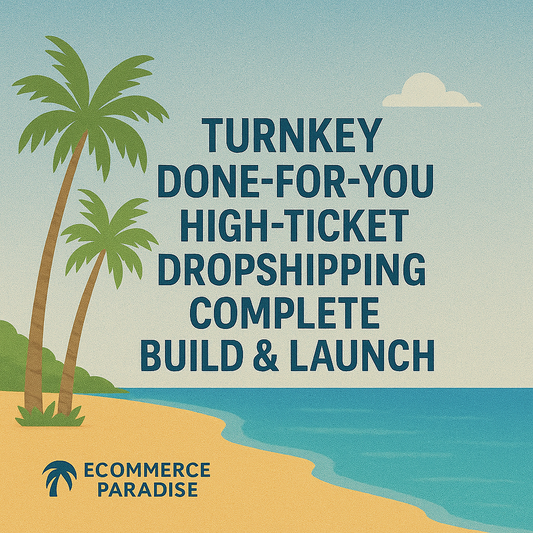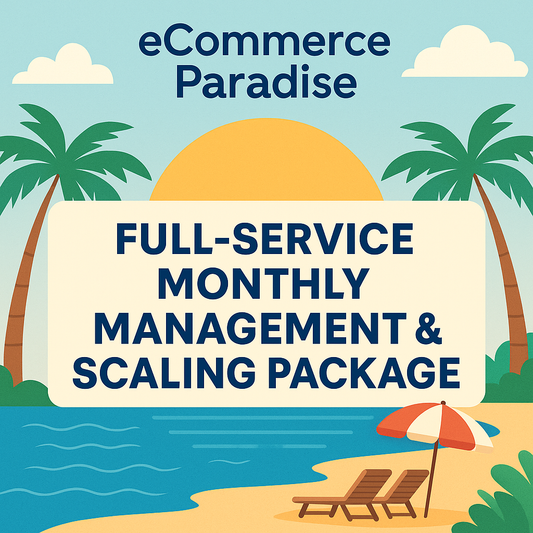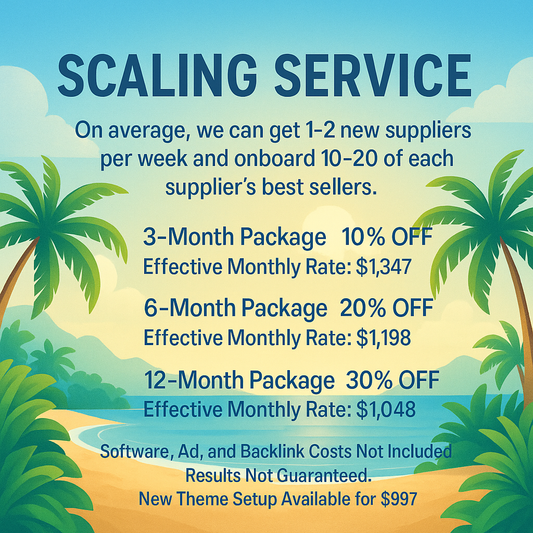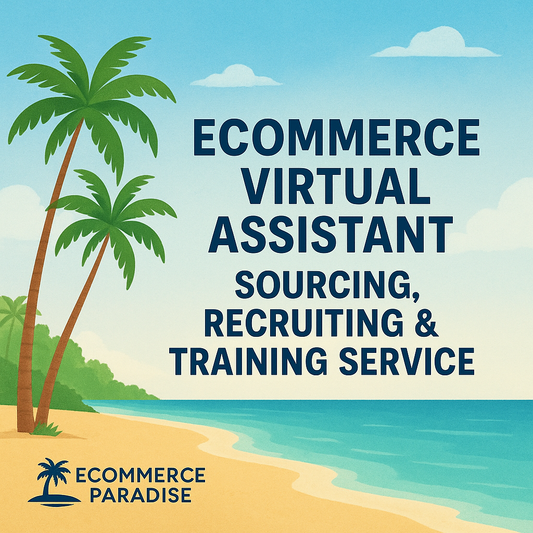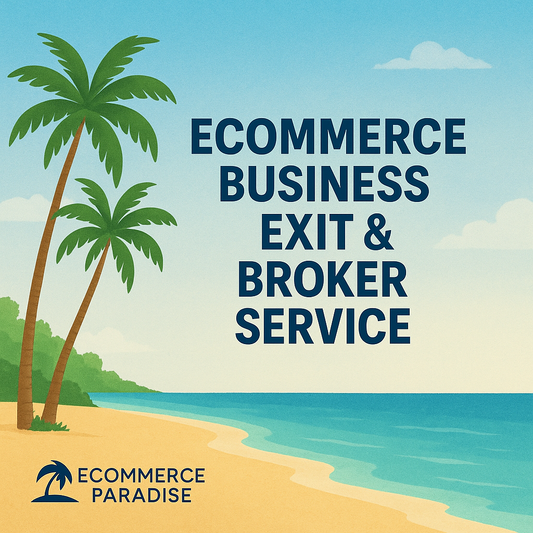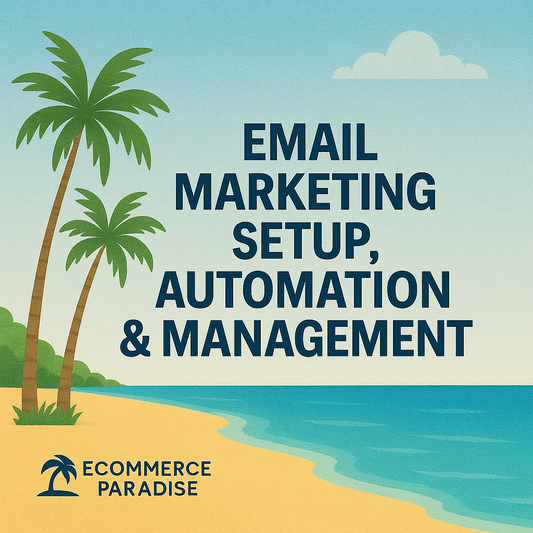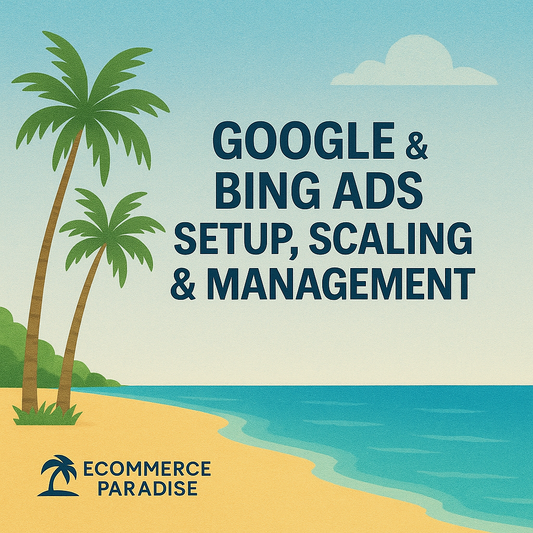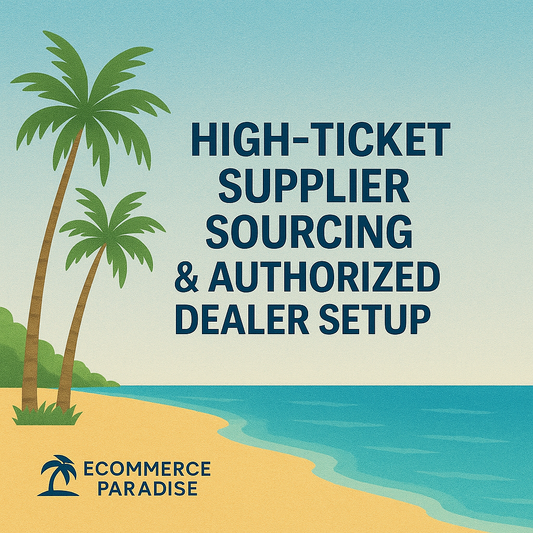
Easyship Review: Key Features, Pricing, and User Experience Explained
Easyship is a shipping platform that helps businesses manage and save money on their deliveries. It promises tools that can simplify everything from printing labels to tracking packages and calculating shipping costs. Easyship is designed to help users compare shipping rates and services in one place.
Many eCommerce businesses use courier integrations like DHL, FedEx, and UPS, but switching between them can be a hassle. With Easyship, these choices are pulled together for smoother operations. Shoppers and store owners want to know if the platform really lives up to the hype.
Easyship Overview

Easyship is an online shipping platform that helps eCommerce businesses manage deliveries. It connects stores to a network of courier services and automates many shipping tasks. The platform works with global carriers and offers tools to compare prices, track shipments, and handle customs.
What Is Easyship?
Easyship is a cloud-based platform designed for online sellers and stores that want to ship products internationally and domestically. It lets businesses link their online stores, select shipping options, and generate labels from one dashboard.
With Easyship, users can access a wide range of couriers, including DHL, UPS, FedEx, and local postal services. The system gives instant shipping quotes based on weight, destination, and service level. This makes it easier for sellers to offer multiple delivery choices at checkout.
The service also helps with calculating taxes and duties, lowering the chance of unexpected fees for buyers. Automation features like printing labels, sending tracking notifications, and integrating with eCommerce platforms save time.
Key Features of Easyship
Shipping Rate Comparison: Easyship lets users compare shipping rates from different carriers in real-time. This helps businesses pick the best price and delivery speed for each order.
Automated Paperwork: The platform automatically fills out shipping documents, customs forms, and labels. This reduces manual entry and limits errors. Customs management is especially useful for international sales.
Integration: Easyship connects with major platforms like Shopify, WooCommerce, eBay, and Amazon. Orders are imported automatically, and shipments can be managed in one place.
Tracking and Notifications: Sellers and buyers can follow packages with real-time tracking updates. Email alerts keep customers informed about delivery status.
Tax and Duty Management: Easyship calculates taxes and duties before shipping, making costs clear for both merchants and customers. This helps avoid delays or surprise charges at delivery.
Comparison to Best Freight Forwarders
While the best freight forwarders handle large shipments and B2B logistics, Easyship focuses on eCommerce and small to mid-sized businesses. Easyship's platform is user-friendly and does not require the manual quotes or complex setup some freight forwarders need.
Easyship is suitable for businesses shipping individual parcels or small batches, especially when speed and automation are important. In contrast, traditional freight forwarders often handle bulk cargo, offer warehousing, and manage sea or air shipments at a larger scale.
Here is a simple comparison:
| Feature | Easyship | Best Freight Forwarders |
|---|---|---|
| Target User | eCommerce, SMBs | Large businesses, B2B |
| Shipping Types | Parcels/small packages | Bulk cargo, pallets |
| Integration | Yes, with eCommerce | Sometimes, more manual |
| Customs Automation | Yes | Varies |
| Price Comparison | Instant, online | Often manual or by request |
Pricing and Plans

Easyship offers several pricing options for businesses of different sizes. Users can choose from free and paid plans, each with its own features and monthly costs.
Easyship Pricing Structure
Easyship has a straightforward pricing model. Users can pick either a free Starter plan or subscription-based plans for more features.
The Starter plan has no monthly fee. Paid tiers, such as the Plus and Premier, involve monthly costs that increase depending on which features are included. Pricing is based on the number of shipments a business processes each month and the level of support required.
There are no contract commitments. Users can cancel, upgrade, or downgrade their plan at any time. Expect some extra charges, like shipping label costs, insurance, and optional add-on services.
Available Plans and Tiers
Below is a table comparing Easyship's main plans:
| Plan | Monthly Fee | Shipments Included | Key Features |
|---|---|---|---|
| Starter | $0 | 50/month | Basic support, core features |
| Plus | $29 | 500/month | Advanced features, live chat support |
| Premier | $69 | 2,500/month | Priority support, automation |
Businesses that need more than 2,500 shipments per month can request an Enterprise plan with custom pricing. Each plan includes access to discounted shipping rates and integrates with major e-commerce platforms.
If users exceed their allowed shipments, they can pay for extra labels as needed. The highest tiers offer better support and greater automation.
Value for Money
Easyship is cost-effective for small businesses, especially with the free Starter plan. The included discounted shipping rates often help businesses save money on their orders.
Higher-tier plans provide strong value for larger businesses, offering automation and in-depth analytics. The flexibility in changing or canceling plans allows businesses to control costs.
There are no hidden fees in the monthly plans, though some optional extras—like insurance or customs documentation—cost more. Most users find the mix of features, supported platforms, and price points suitable for their needs.
User Experience and Performance
Easyship provides a clear dashboard, multiple integration choices, and responsive support options. Many users find the service simple to work with, even if they are new to shipping software.
Ease of Use
Easyship is designed with simplicity in mind. The dashboard is organized and uncluttered, so users can find needed tools easily. Setting up a new account takes only a few steps, and main features like rate comparison, label printing, and shipment tracking are located on the main screen.
A step-by-step onboarding process guides users through adding their store, connecting couriers, and creating their first shipment. Many actions use dropdown menus and checkboxes, making it easy even for those with limited tech skills.
For users who get stuck, tooltips and help articles are available within the platform. Drag-and-drop functions for uploading orders and batch processing make it faster to manage many shipments at once.
Platform Integration Options
Easyship supports integration with major e-commerce platforms, including Shopify, WooCommerce, BigCommerce, and Magento. Connecting a store to Easyship usually only takes a few clicks and does not require advanced technical knowledge.
Key integration features:
- Automated order import from online stores
- Real-time shipping rates at checkout
- Syncing tracking numbers back to the sales platform
- API access for custom connections
In addition to e-commerce, Easyship connects with marketplaces like eBay and Amazon. Some users note that integrations can require permissions or app installs, but most are documented in the support section. Custom API integration is also available for enterprise users or those with unique systems.
Customer Support and Service Quality
Easyship offers customer support through live chat, email, and a help center filled with step-by-step guides. Live chat is available during standard business hours in most regions. Responses are usually received within a few minutes, though during peak times, some delays may occur.
The help center covers topics such as troubleshooting, setup guides, and platform integration steps. For more complex issues, users can submit email tickets. Premium plans include priority support for faster responses.
Easyship’s agents are generally knowledgeable about shipping rules, customs, and technical questions. However, service levels may depend on the user's plan and location. Most users report positive experiences with both the timeliness and accuracy of responses.
Pros, Cons, and Final Verdict
Easyship gives businesses access to multiple shipping carriers, discounted rates, and useful automation tools. However, some users may find limits in customer support and costs.
Easyship Pros
1. Multiple Carrier Options:
Easyship connects to over 250 shipping carriers, including UPS, DHL, and FedEx. This lets users compare rates and pick the best option for each order.
2. Discounted Shipping Rates:
Users get pre-negotiated shipping discounts. These can help small businesses save money, especially when shipping internationally.
3. Automation and Integration:
Easyship can connect to popular e-commerce platforms like Shopify, WooCommerce, and BigCommerce. It also automates tasks like label creation, customs forms, and tracking updates.
4. Rate Comparison Tools:
Easyship has a simple dashboard for comparing shipping costs, transit times, and taxes. This can help businesses choose the most affordable or fastest service.
5. Customs and Tax Support:
Automated customs forms and tax calculation features make cross-border shipping simpler.
| Pro | Details |
|---|---|
| Carrier Access | Over 250 carriers |
| Discounts | Pre-negotiated shipping rates |
| Integration | Shopify, WooCommerce, etc. |
| Automation | Labels, tracking, customs |
| Compare Rates | Pricing, transit time, taxes |
Easyship Cons
1. Customer Support:
Some users have mentioned delays or difficulties when seeking customer support, especially with complex shipping issues.
2. Fees and Pricing:
While Easyship advertises discounted shipping, additional platform fees may apply. Pricing can also become higher for high-volume sellers or advanced features.
3. Learning Curve:
New users sometimes find the interface and options overwhelming at first. It may take time to fully understand all the features.
4. Limited Control:
Since Easyship acts as a middleman, users sometimes have less direct control over carrier processes or shipping claims.
5. International Shipping Challenges:
Even with help from Easyship, international shipping can still face delays and customs issues that are out of Easyship’s control.
| Con | Details |
|---|---|
| Support Challenges | Slow or limited customer help |
| Fees | Possible extra platform charges |
| Complexity | Many features, learning required |
| Middleman Limitations | Less control over shipping process |
| Int'l Shipping Issues | Customs/delays may still occur |
Who Should Use Easyship?
Easyship is a good fit for small to medium online sellers who need to ship both locally and overseas. It works well for companies using major e-commerce sites who want access to several carriers without managing each one separately.
Brands selling a mix of products to different countries may benefit from Easyship’s rate comparison and customs tools. High-volume sellers could use automation to save time. However, businesses that need dedicated support or have complex shipping needs may want to test Easyship’s platform first.
Easyship is less ideal for those with very simple shipping needs or those who prefer to work directly with a single carrier. Warehouse-based companies with unique fulfillment models might also need features not included in Easyship’s standard plans.




